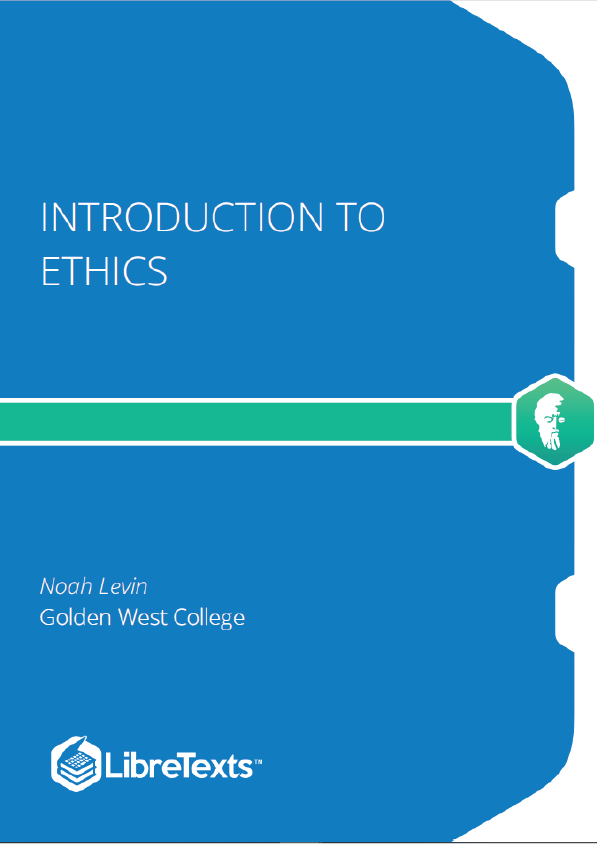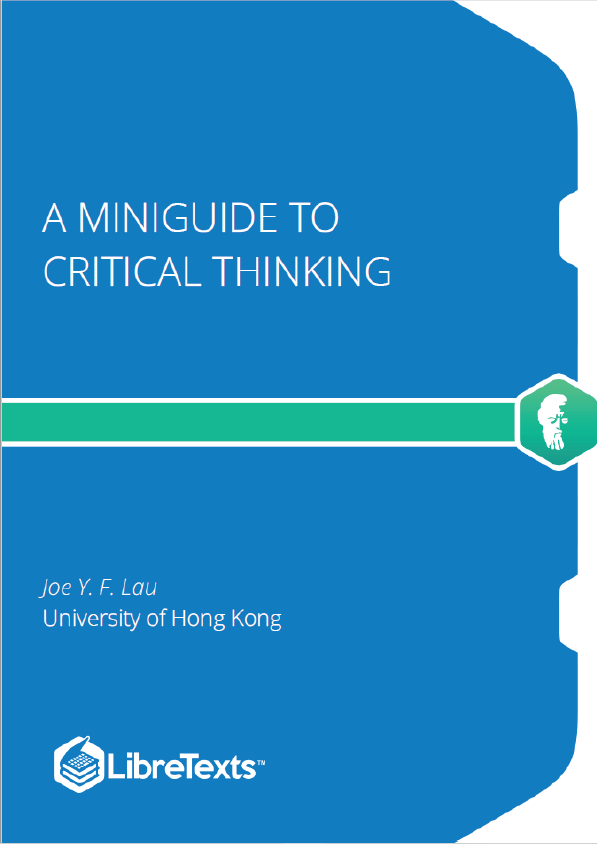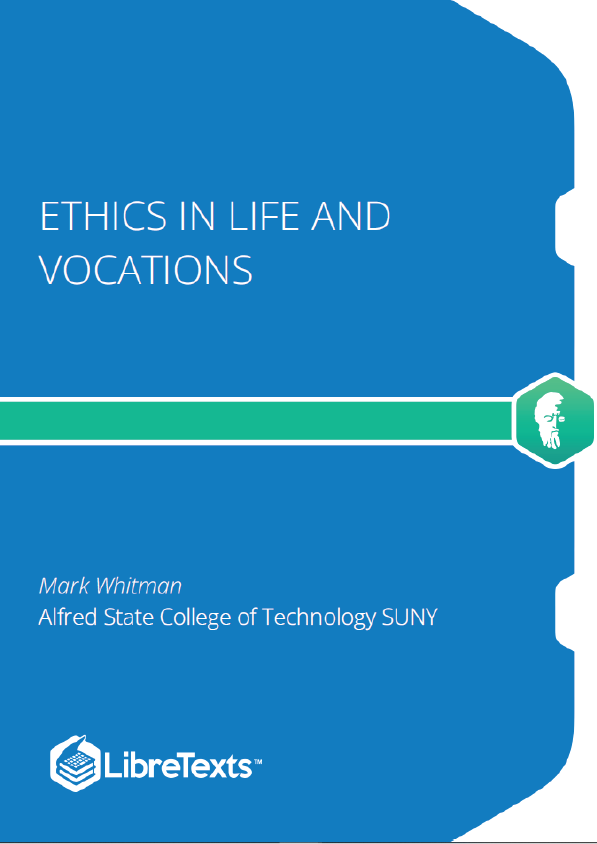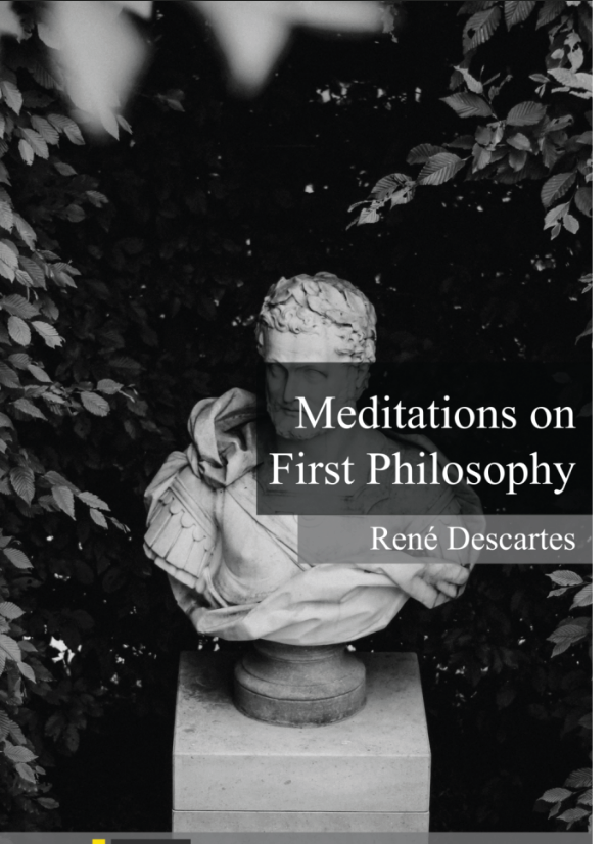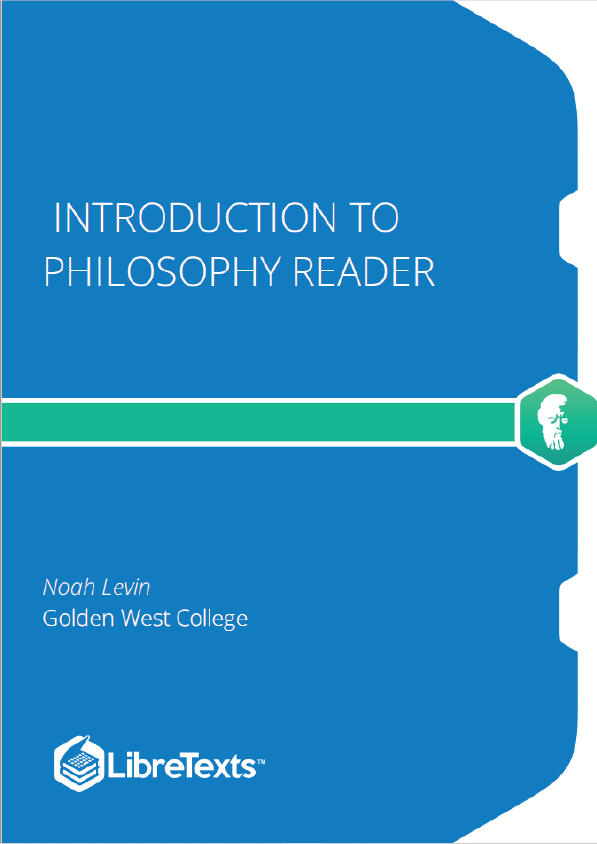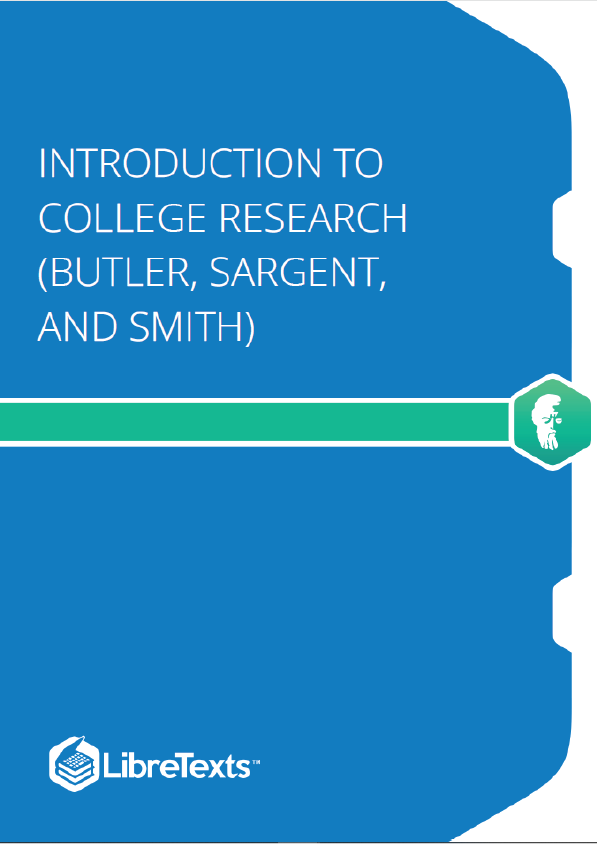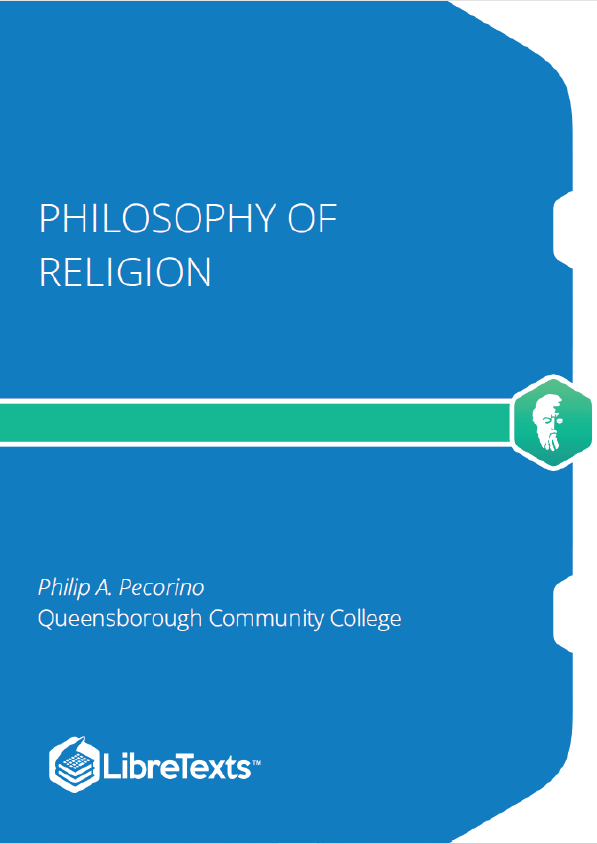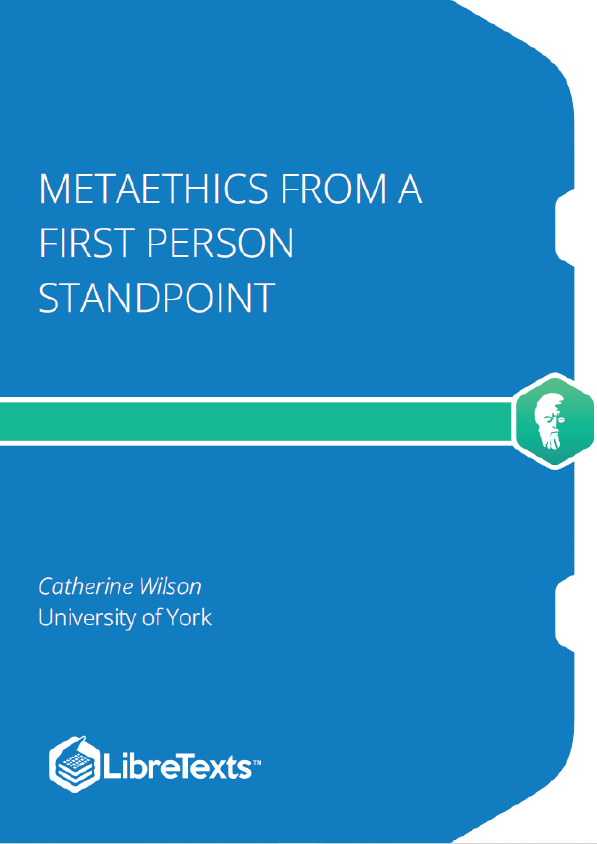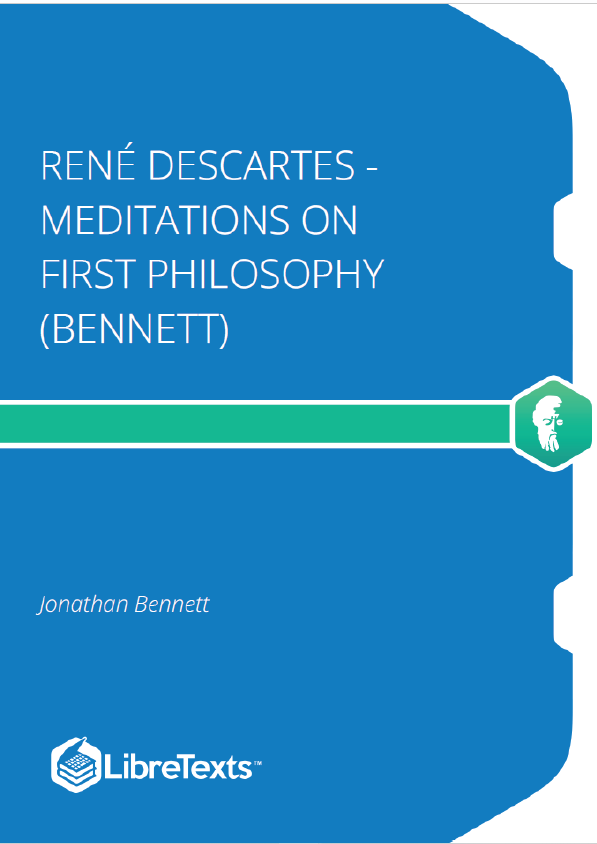As you enter this textbook, I would like you to remember two of the greatest quotes from arguably the greatest Philosopher, Socrates: “I am the wisest man alive, for I know one thing, and that is that I know nothing” and “the unexamined life is not worth living.” They are both from Plato’s Apology that describes the trial of Socrates in Athens for, most importantly, “corrupting the youth of Athens.” Despite the English connotations of the title, Socrates does not “apologize” for anything nor is he sorry – the Greek word apologia (the origin of the title) means “formal defense.” These quotes come up in the context of his illustrating how much more intelligent he is than his accusers (not the best idea when his life is on the line, but Socrates was true to himself) and defending his practice of encouraging the people of Athens, especially its youth, to think critically and rationally for themselves. Combine these two quotes, however, and we are left a bit of a conundrum: we must examine life for it to have value, but we are unlikely to come to know anything from this examination. Still, Socrates would argue, the pursuit of knowledge is important and fruitful. Examining life, ideas, knowledge, experience, and anything and everything we can think of, in a pursuit of truth and knowledge, is of the utmost importance. Yet, we must also recognize the limits of our abilities and approach all endeavors with a healthy dose of humility and openness. But if we are to examine life, where would this pursuit take us?
His two successors, Plato and Aristotle, had a goal in mind: we do Philosophy to arrive at an understanding of the ideal society. What’s the point of living if we aren’t achieving a life of, as Aristotle puts it, excellence (arête in Greek) and flourishing (eudaimonia)? Their philosophical examinations culminated in proposing an ideal state, and examining such a society falls under the umbrella of Political Philosophy. An integral part of a flourishing society includes setting up a system wherein everyone can attain happiness and live the good life. But why should we care about happiness? Or even other people? Why not just care about our own pleasures? An important part of their analyses is doing Ethics: studying right, wrong, good, and bad. How do we value happiness? Why do we value it? Do we value other things? Other people? What makes someone good? And so on. Thus, the final aim of Plato and Aristotle, and the purpose of Philosophy, was to do Ethics. I might be biased, however, since this is an Ethics textbook and I am primarily an Ethicist by training. Of course, anyone could argue that their field of Philosophy is more important to living a good life, like Metaphysics (the study of the nature of reality), Epistemology (the study of knowledge), Logic (the study of reason), and any other field. And they’d be right: you can’t do ethics without doing all of these things (and I’d argue you can’t do those without doing ethics). You have to be clear on the ideas you’re using and how they relate to get anywhere in any branch of philosophy. Most people don’t necessarily concern themselves with abstract concepts of knowledge on a daily basis, but we have to interact with people daily and are thus confronted with making moral decisions many times every day. We have to do things for ourselves and others, so how do we know what’s right to do? That is, of course, assuming we want to be good people. But what does good even mean?
This textbook will cover these topics, and many more, in detail. To frame these questions and analysis, we will focus primarily on contemporary moral issues, from those in medical ethics (euthanasia, abortion, etc.) to how we should treat non-human things (like the environment and animals) and issues that affect society as a whole, like technology and immigration, which is where we’ll begin. There will also be readings (mostly classic selections from extremely influential philosophers that you might have actually heard of, like Aristotle, John Stuart Mill, and Immanuel Kant) that cover the theories behind the moral principles we will be applying. It is actually much easier to understand these theories after examining how we normally apply them in our daily lives, so these chapters with “classic” readings will come in the later half of this work. It might seem backward, as it would seem more natural to learn the theories and then apply them, but it’s really not. You already know how to do ethics and you do moral analyses on a daily basis, and once you examine how we all regularly do morality, you are better positioned to appreciate the concepts that drive our moral habits.
